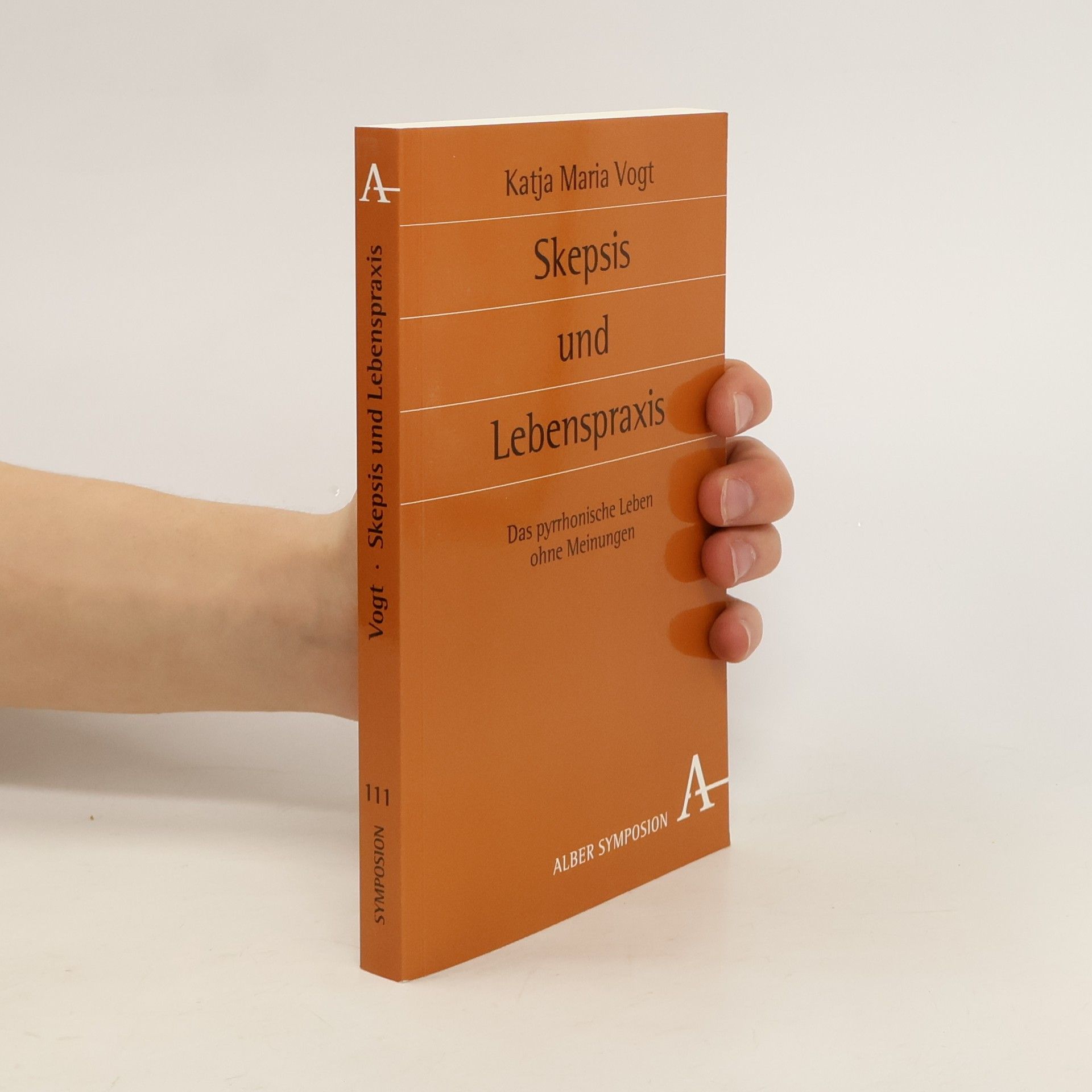Antike Skepsis
- 140 pages
- 5 hours of reading
Der Essay von Vogt beleuchtet die skeptischen Ansätze der griechischen Philosophie, wobei Skeptiker als "Untersuchende" beschrieben werden, die erst nach gründlicher Prüfung zu Erkenntnissen gelangen. Im Gegensatz zum Dogmatismus hinterfragen sie die Grundlagen des Wissens. Durch die Analyse antiker Philosophien regt der Text dazu an, die eigene Lebensweise zu reflektieren und darüber nachzudenken, ob ein undogmatisches Leben auch für die moderne Gesellschaft erstrebenswert sein kann.

